Why WE made the Switch from Mutual Funds to ETFs
SGH Wealth Management
The first to perish was annuities, when mutual funds proved to be the better mousetrap of diversified easy button investing in part due its cheaper cost. Unfortunately for the mutual fund there was still room for further improvement…
- Tax Benefits and Transparency
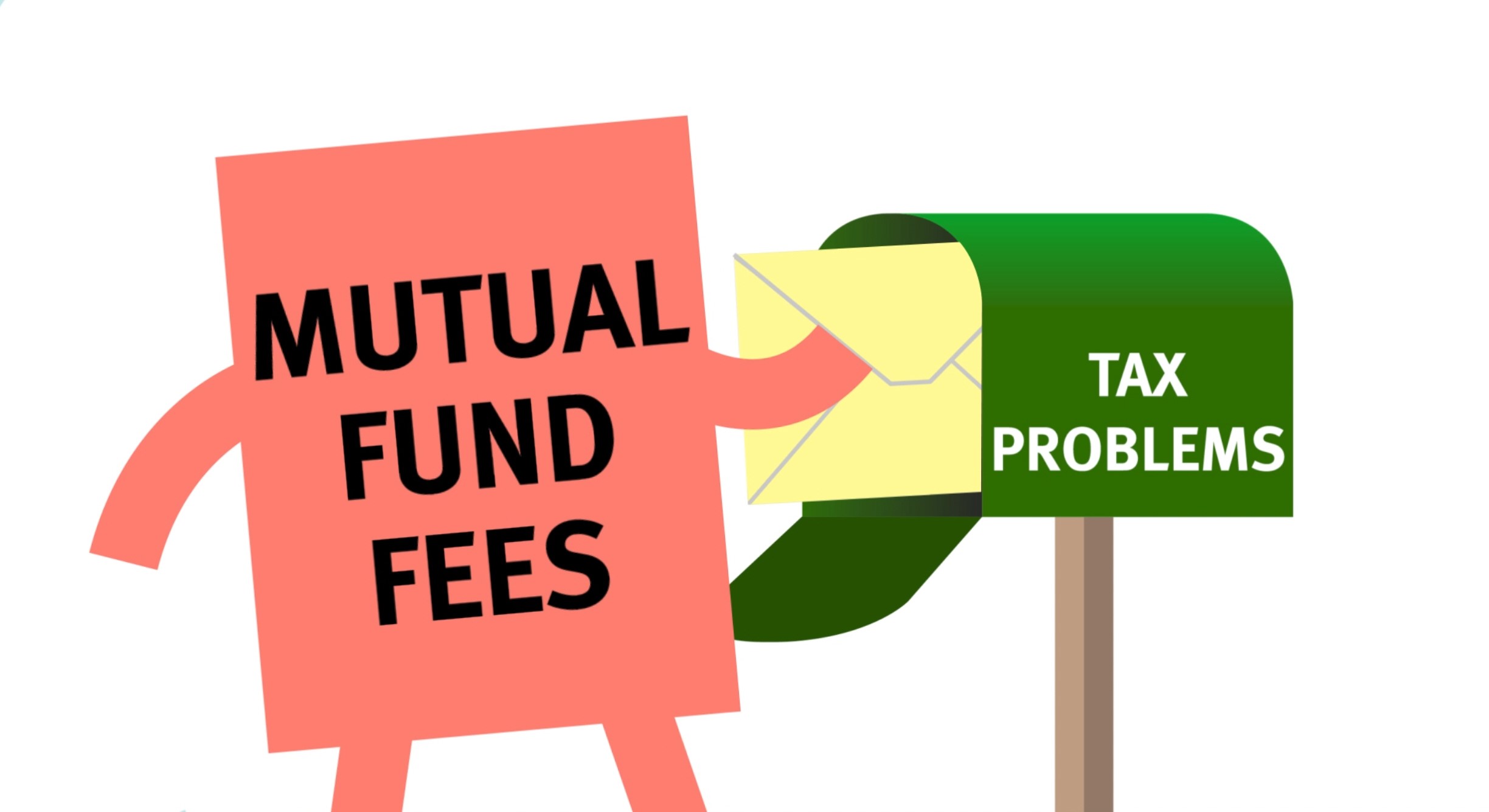 Mutual funds shareholders are owners of the pool of investments, not the underlying securities, and thus subject to the portfolio manager’s (at times self-interested) decisions without full transparency. The mutual fund investor only gets a glimpse of the underlying holdings once per quarter while ETF owners freely have day-to-day access to all of their portfolios holdings. Warranting the curiosity of what do mutual funds have to hide?
Mutual funds shareholders are owners of the pool of investments, not the underlying securities, and thus subject to the portfolio manager’s (at times self-interested) decisions without full transparency. The mutual fund investor only gets a glimpse of the underlying holdings once per quarter while ETF owners freely have day-to-day access to all of their portfolios holdings. Warranting the curiosity of what do mutual funds have to hide?
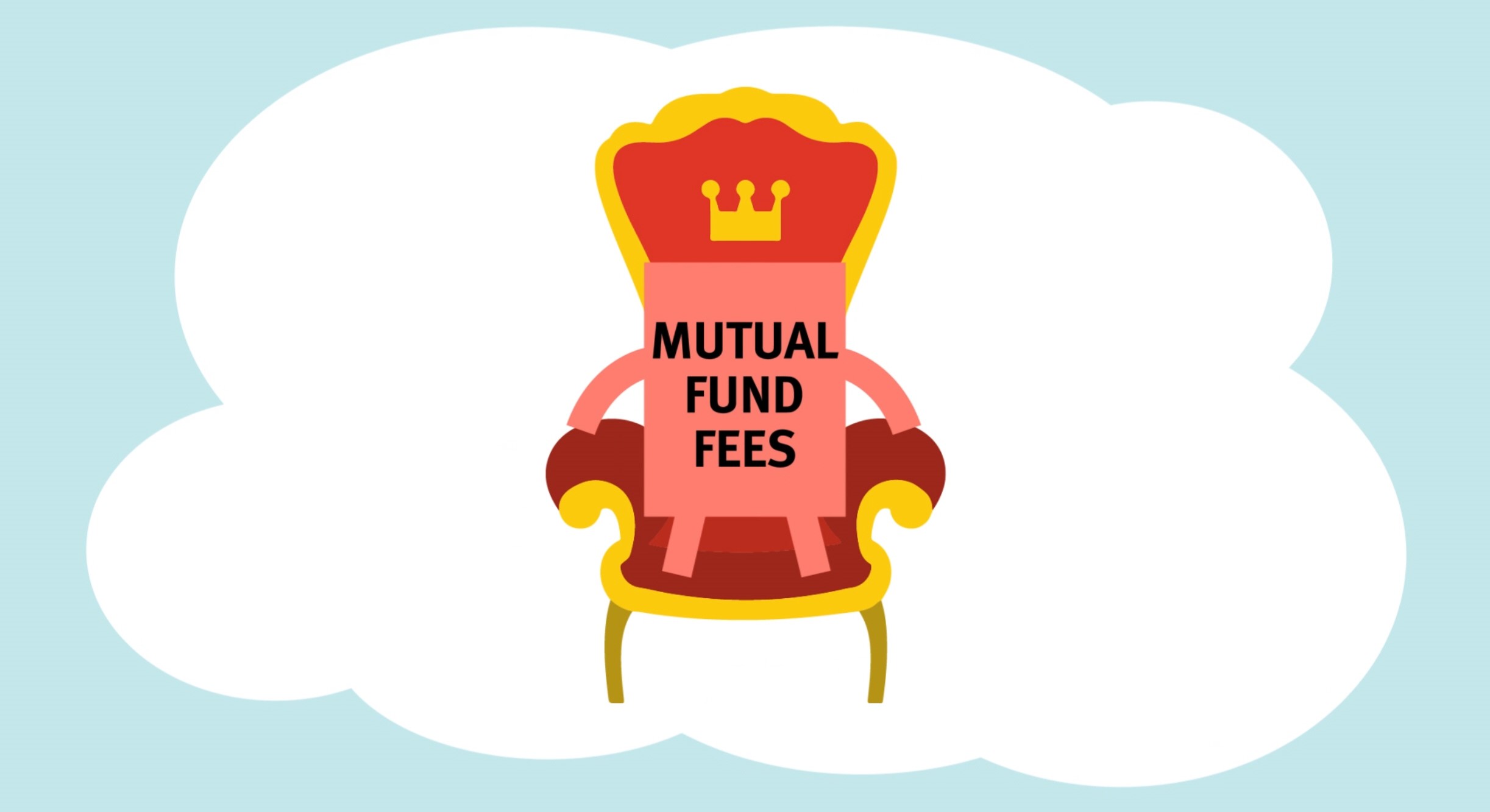 This lack of transparency in Mutual Funds also comes with tax issues like the annual capital gains distribution, which ETFs are not subject to. Capital gains from Mutual Finds are shared among the mutual fund shareholders, meaning you could lose money in your mutual fund investment and still owe taxes to the government in the same year. Since ETFs allow you to own the underlying basket of securities transparently and directly, the investor is in control of their own tax destiny with no unexpected mutual fund tax surprises.
This lack of transparency in Mutual Funds also comes with tax issues like the annual capital gains distribution, which ETFs are not subject to. Capital gains from Mutual Finds are shared among the mutual fund shareholders, meaning you could lose money in your mutual fund investment and still owe taxes to the government in the same year. Since ETFs allow you to own the underlying basket of securities transparently and directly, the investor is in control of their own tax destiny with no unexpected mutual fund tax surprises.
- Expense Ratios and Other Costs
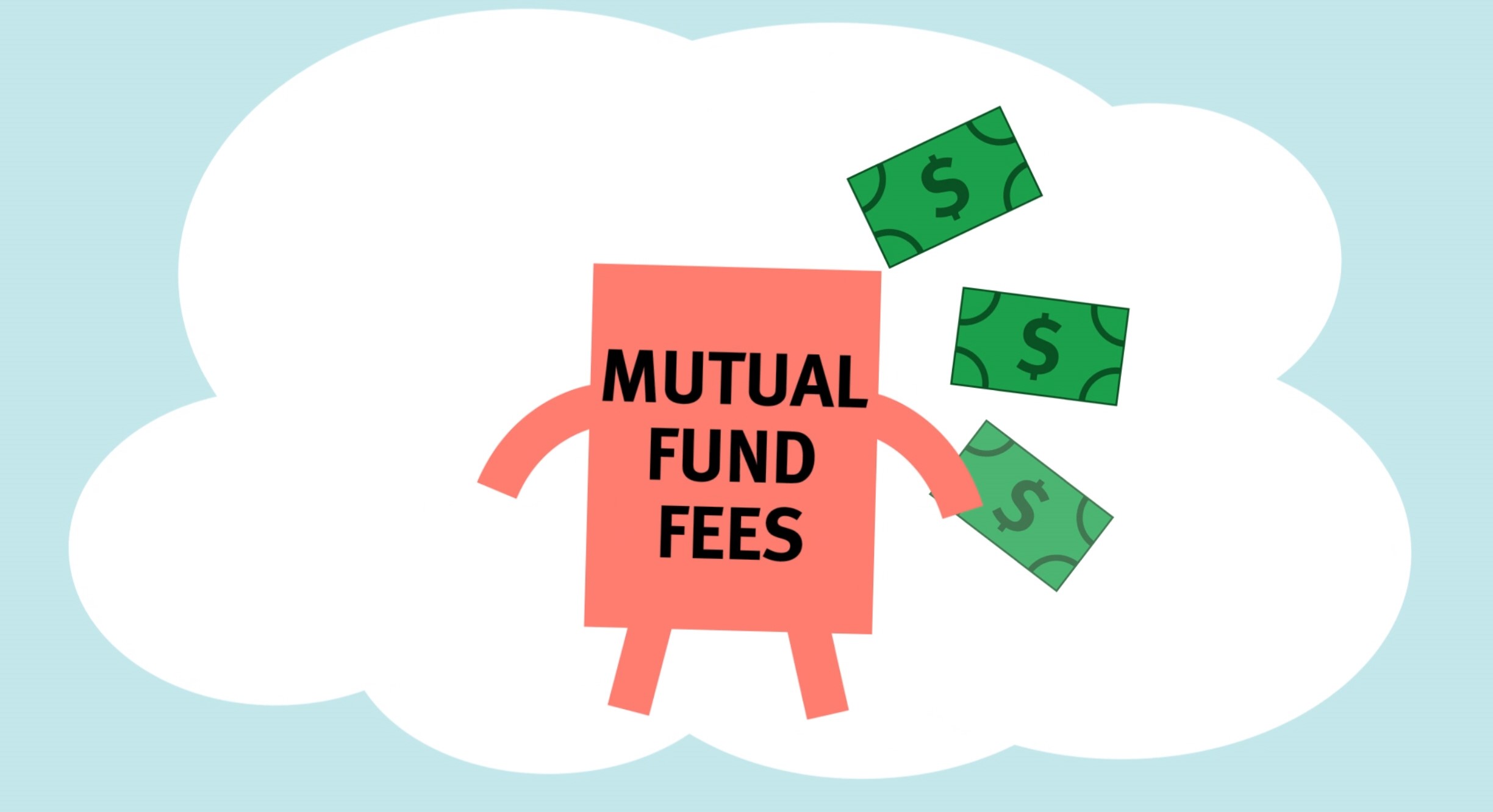 In 2019, the weighted average expense ratio for ETFs was 0.45% according to Morningstar, while Mutual funds can charge an expense ratio over 1%. The margin may seem negligible, but each dollar of fees fails to earn a compounded rate of return. Over time, this can add up to a material sum. Moreover, ETFs avoid charging the mutual fund industry’s annual marketing fee (AKA 12b-1 fee) which independent research has shown to add no return value to the shareholder.
In 2019, the weighted average expense ratio for ETFs was 0.45% according to Morningstar, while Mutual funds can charge an expense ratio over 1%. The margin may seem negligible, but each dollar of fees fails to earn a compounded rate of return. Over time, this can add up to a material sum. Moreover, ETFs avoid charging the mutual fund industry’s annual marketing fee (AKA 12b-1 fee) which independent research has shown to add no return value to the shareholder.


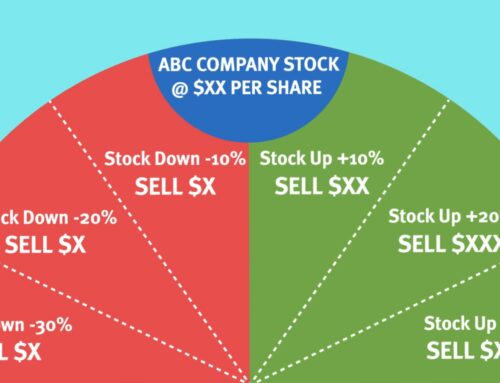
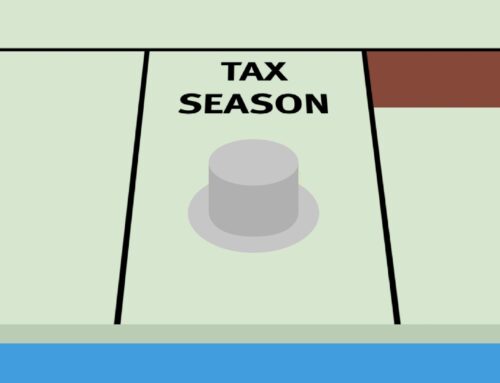


Keep In Touch